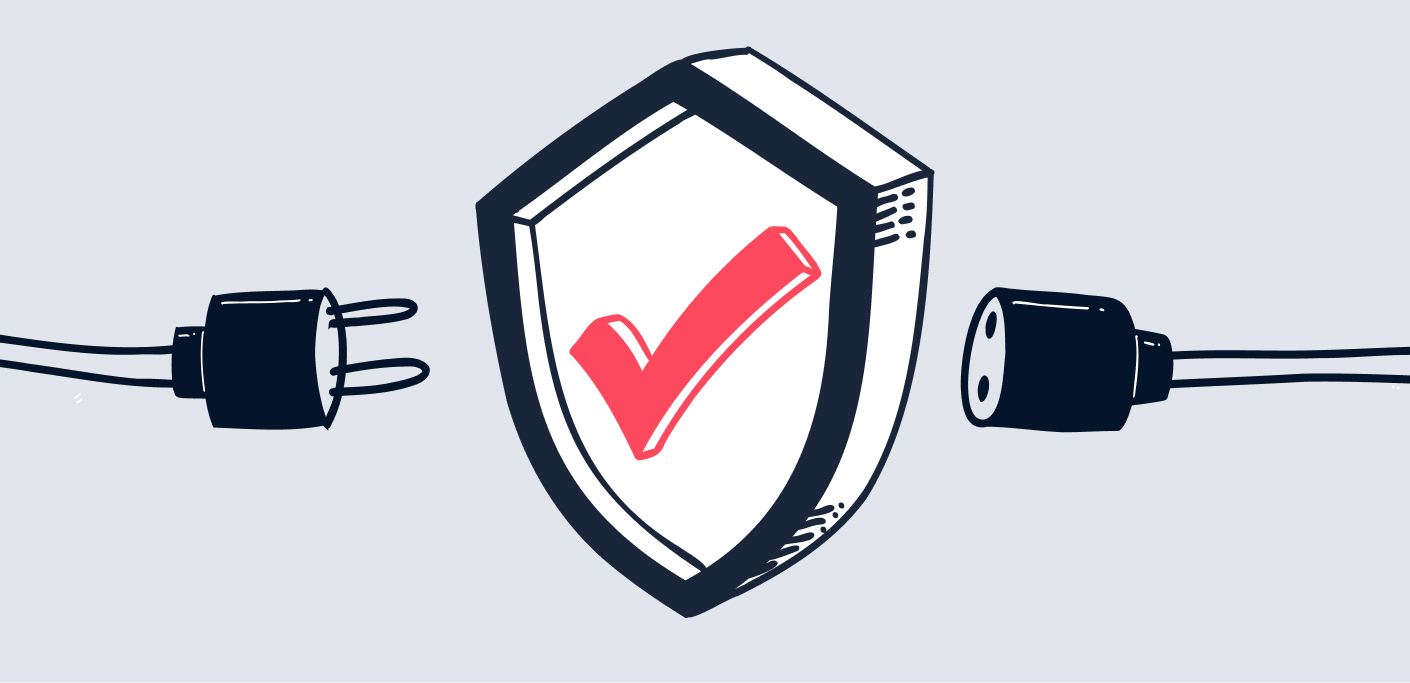

Identity theft leads cybercrime concerns in South Africa’s property sector
In real estate, trust is everything. Your clients hand over copies of IDs, proof of address, and sensitive personal details as part of every transaction, exactly the kind of information cybercriminals crave. That’s why identity theft has emerged as the cybercrime property practitioners fear most, according to Prop Data’s cybersecurity poll. 49.6% said it stands as a top concern, and with damaged reputations, shaken client confidence, and potential financial fallout on the line, it’s hardly a surprise.
The danger behind digital impersonation
“Property practitioners deal daily with sensitive personal and financial information such as ID documents, banking details, and FICA records, all of which can be exploited by criminals,” says Anton Jansen van Vuuren, Chief Operations Officer of Harcourts South Africa.

“If this data is compromised, fraudsters can impersonate clients or practitioners, redirect deposits, and gain access to online systems. The risk is heightened by the fact that many practitioners work on their own personal devices with uneven levels of security, and many newcomers to the industry come from non-IT backgrounds, leaving them feeling unprepared to manage these threats.
“This combination makes identity theft one of the most damaging and immediate risks in the real estate sector,” he adds.
How identity theft targets property practitioners
Property practitioners sit at the centre of transactions involving high-value assets and highly sensitive personal data, making them prime targets for identity thieves. From buyer passports and ID copies to bank statements and proof of address, every stage of the sales or rental process requires handling documents that fraudsters can exploit.
Criminals often impersonate buyers, sellers, or even practitioners, using stolen credentials to create fraudulent listings, submit fake applications, or divert funds. Others go further, forging property deeds or hijacking vacant homes to pocket the proceeds of an illicit sale. Because so much of the work relies on email, online forms, and digital communication, practitioners also face the added risk of phishing, malware, and email account takeovers.
Keeping your identity out of criminals’ hands
While the risk can be alarming, protecting yourself from identity theft can be made simple if you start by building strong habits into your daily practice. Staying vigilant can make the difference between business as usual and a costly breach. Here are practical steps to reduce your risk:
- Verify every party thoroughly: Always request government-issued identification and confirm details with official authorities. Meet clients, sellers, or landlords in person where possible, and ensure property ownership details match the title deed.
- Handle documents securely: Store active client files in locked cabinets or password-protected systems, and shred outdated records. Never leave passports, proof of address, or financial documents unattended in your office or car.
- Secure your digital environment: Use strong, unique passwords, enable two-factor authentication, and keep your devices updated with the latest security patches and antivirus protection. Avoid accessing sensitive data over public Wi-Fi unless using a VPN.
- Double-check financial transactions: Confirm banking details through a second channel (such as a phone call) before transferring funds. Be suspicious of sudden changes to payment instructions.
- Monitor your professional identity: Regularly search your name and licence number online to ensure scammers aren’t impersonating you with fake listings or fraudulent deals.
Don’t be caught off guard
Identity theft is a very real threat for property practitioners, and staying alert is essential to protecting your clients, your business, and your reputation. Prop Data supports you in staying one step ahead. Our Prop Data Manage system is built with a robust security infrastructure, including encryption, least privilege access, and secure software development practices, giving you peace of mind that your data is protected. For rental management, our reOS integration enhances security and tenant reliability, offering thorough vetting through TPN and Ekaya VIP. Reach out to find out more.